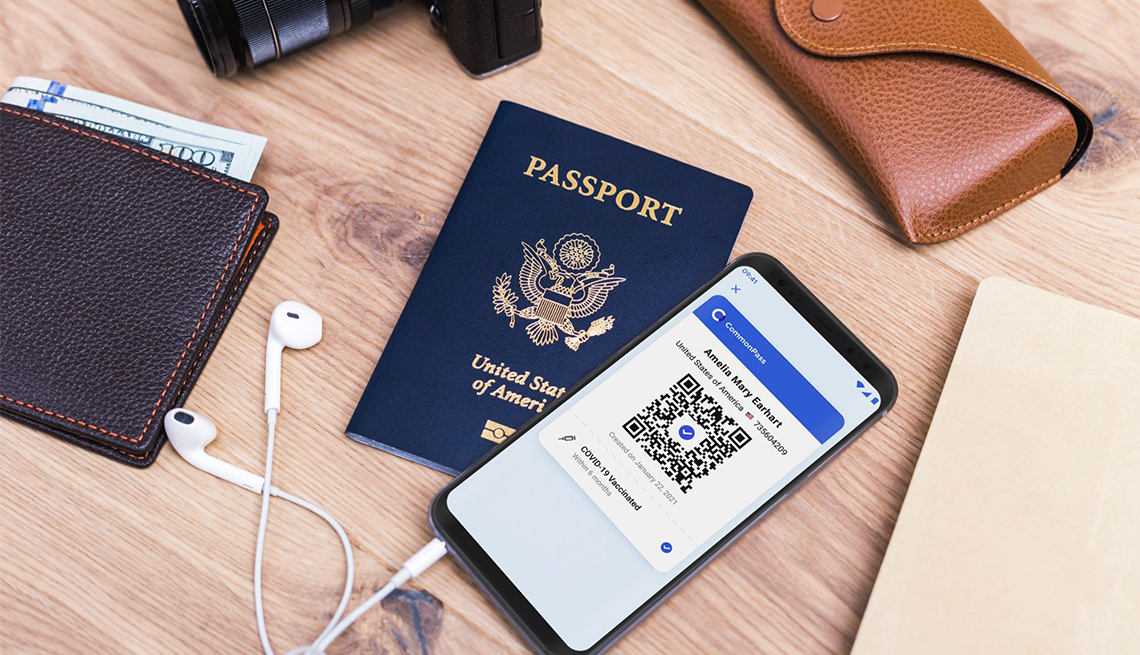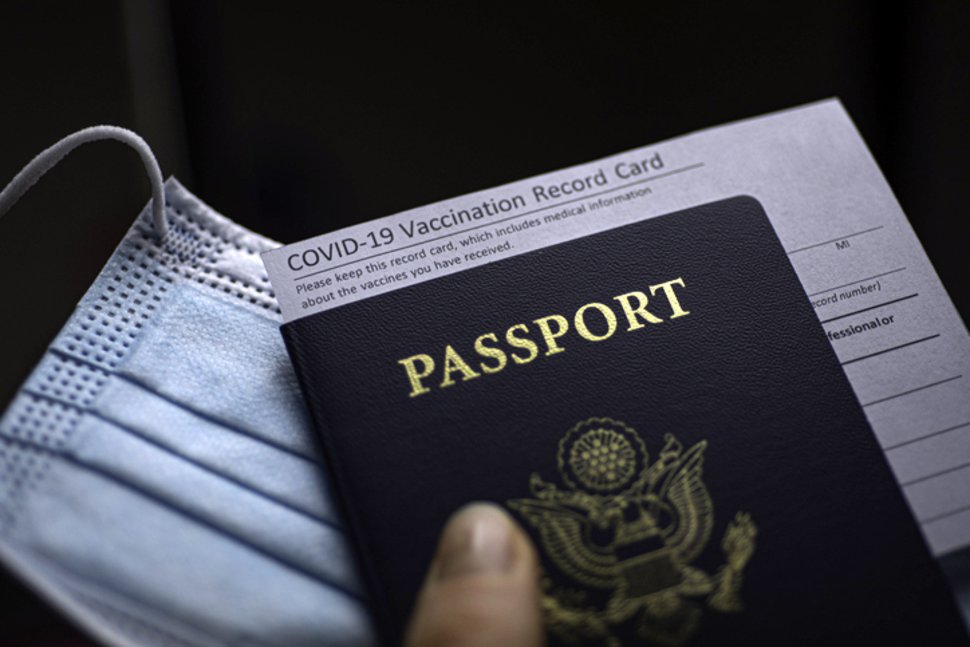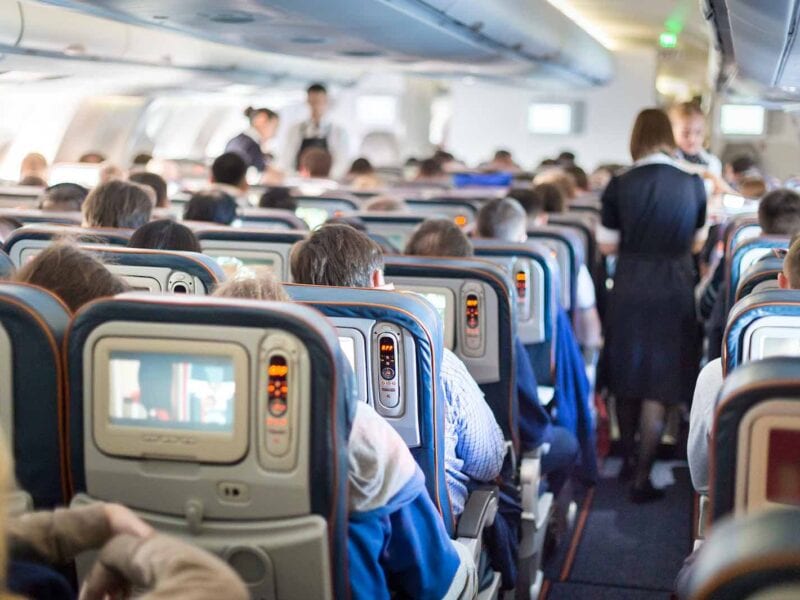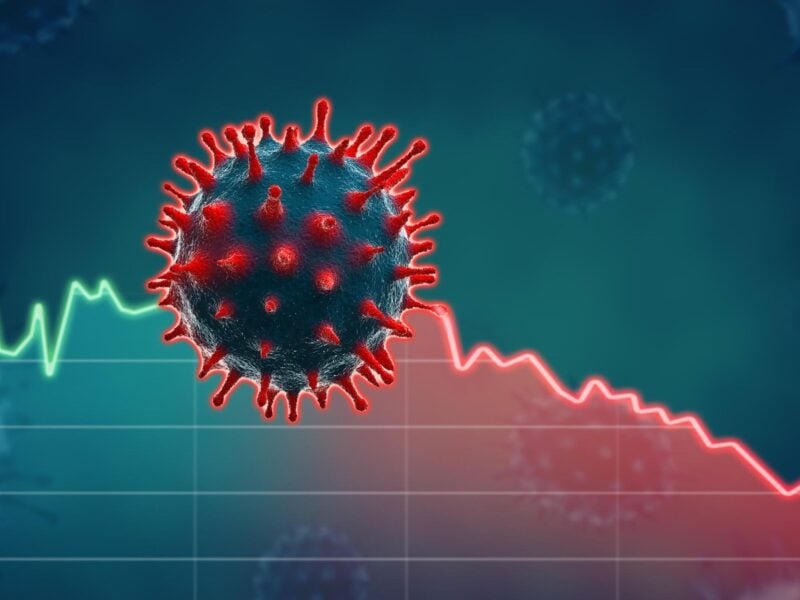
Do vaccine passports violate HIPAA? Go behind the meaning of the health law
Those who work in the medical field are very aware of the consequences that could come from a HIPAA violation, which of course is in reference to the Health Insurance Portability and Accountability Act, a federal law that protects sensitive patient information. HIPAA, which was established in 1996, protects a patient’s health-related information unless a patient provides consent. Most healthcare workers respect the law of HIPAA, ensuring that they themselves don’t make a violation.
With that being said, does the future digital proof of vaccination count as a violation of HIPAA laws? Many of us who have been vaccinated for the novel coronavirus already have a paper verification card that proves we’ve been treated with the vaccine, but could the possibility of vaccine passports, such as the latest Excelsior pass in New York possibly be in violation of HIPAA laws? Let’s delve in.

Excelsior Pass
New York has just recently launched the first U.S. state-administered digital health app, called the Excelsior Pass. This vaccine passport program runs on an IBM blockchain which cross-references patient data with a state’s health records. It should be noted that IBM can’t access personally identifiable data, which will simply need to scan a QR code for verification of vaccination.
Across the country and landing on the West Coast is Carbon Health, which is assisting in the vaccination process in the cities of Los Angeles & San Mateo. This California startup has actually become one of the first organizations to launch a HIPAA-compliant digital vaccine card.
CEO of Carbon Health Eren Bali said the following to Emerging Tech Brew: “As vaccinations ramp up, we anticipate that more organizations will request proof of vaccination to allow people inside buildings or businesses, travel, or go to concerts and festivals.” Given that we’re living in a partially vaccinated space, entry or reentry might hinder having digital vaccination proof, as if the passport process wasn’t difficult as it is.

HIPAA violation?
Governments are currently considering the idea of requiring vaccine passports for travel, a move that many supporters claim would allow holders to travel safely as well as regain a sense of normalcy to their own lives without the concerns of infecting others. This, on top of many good things, would also be an added incentive for those who’re unsure about getting a vaccine.
However, there are some ethical questions being raised by those skeptical of vaccine passports and the possibility of a HIPAA violation, including the fact that it could lead to discrimination of minority communities, as well as the possibility of allowing businesses access to private health information.
Equally, mutations of COVID-19 could complicate the overall vaccine passport, as it could lead to multiple required passports. Finally, there are concerns regarding the fact that most children may not be vaccinated until 2022, seeing as how the U.S. is only in the clinical trials for a safe vaccine that effectively works for children and some young adults.

Vaccine rollout
According to recent data released by the Centers for Disease Control and Prevention, 15.8% of U.S. citizens have been fully vaccinated for the coronavirus.
As of today, there are three vaccines that are being used to fight the spread of COVID-19 and end the current global pandemic in the U.S. The first vaccine was created by Pfizer-BioNTech, first administered in the U.S. at the end of 2020. The second vaccine to fight the coronavirus was developed by Moderna, which was also first given the green light for emergency use at the tail-end of 2020.
Both of these coronavirus vaccines are estimated to combat the coronavirus with an impressive effectiveness rate of over 90%. However, both vaccines currently require two separate doses, with each needing several weeks in between to build the proper antibodies for protection against the deadly disease.
A third coronavirus vaccine, this time developed by Johnson & Johnson, was given CDC approval in February. This vaccine is said to have an effectiveness rate of over 85% and requires only a single shot. While there is a fourth vaccine by AstraZeneca, said to have an effectiveness rate of 70%, it is not a vaccine being used in the U.S., but in the UK, currently on pause due to growing concerns of side-effects such as blood clots.







